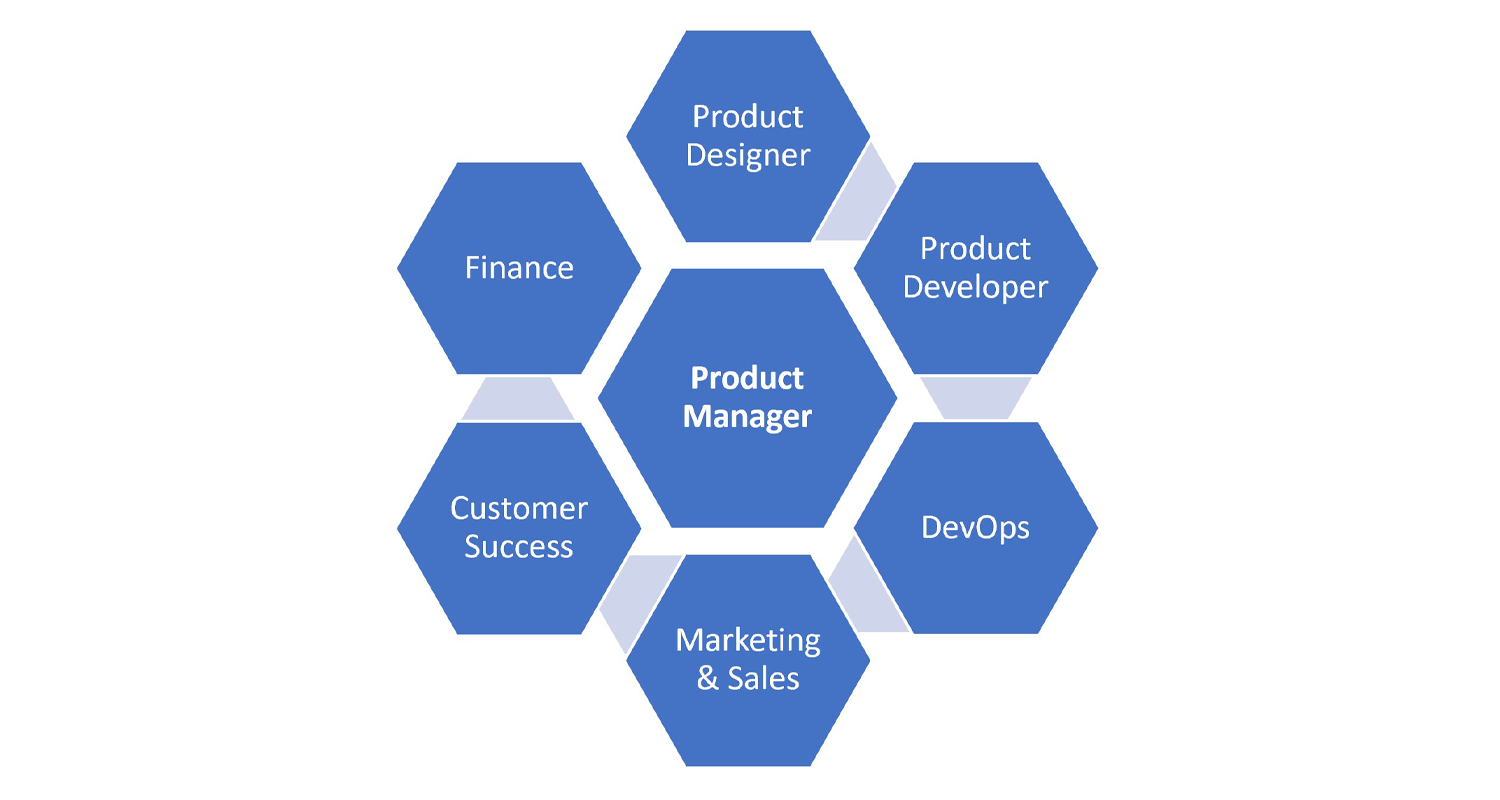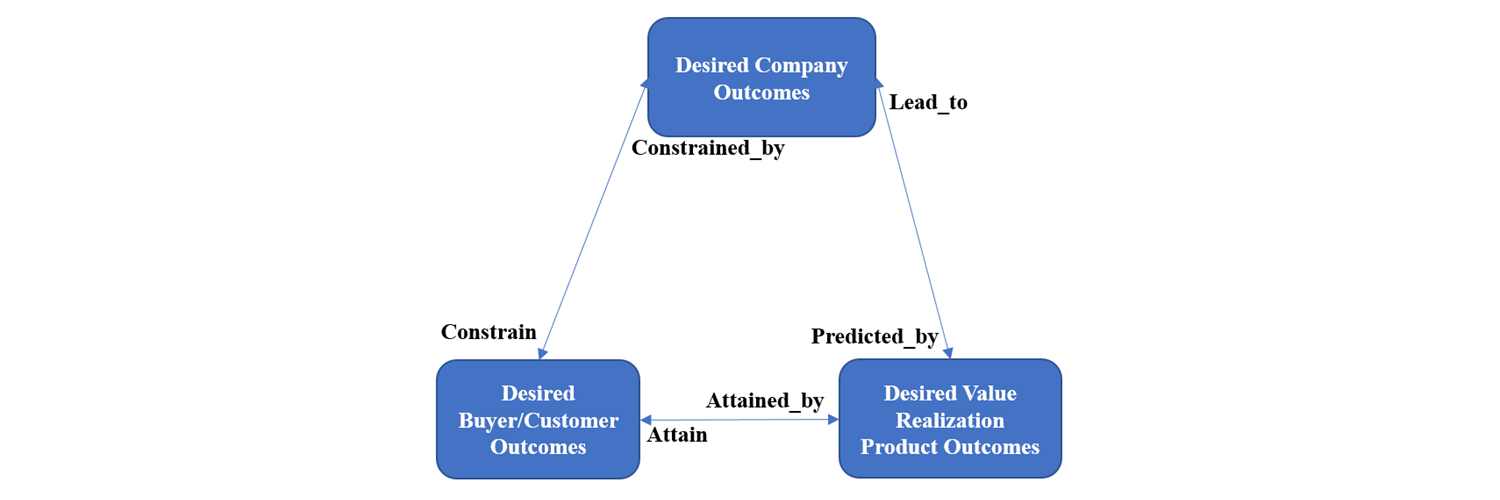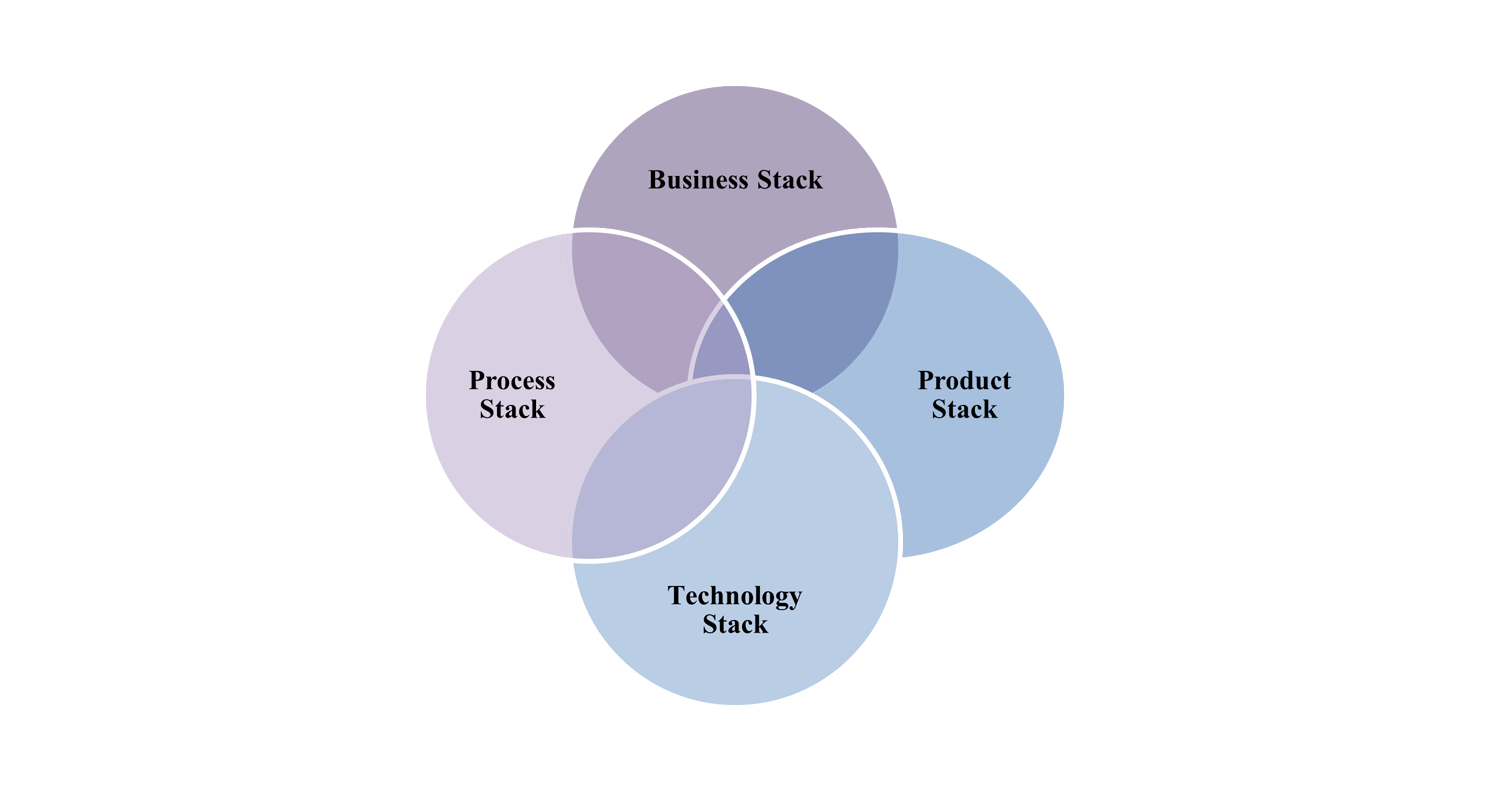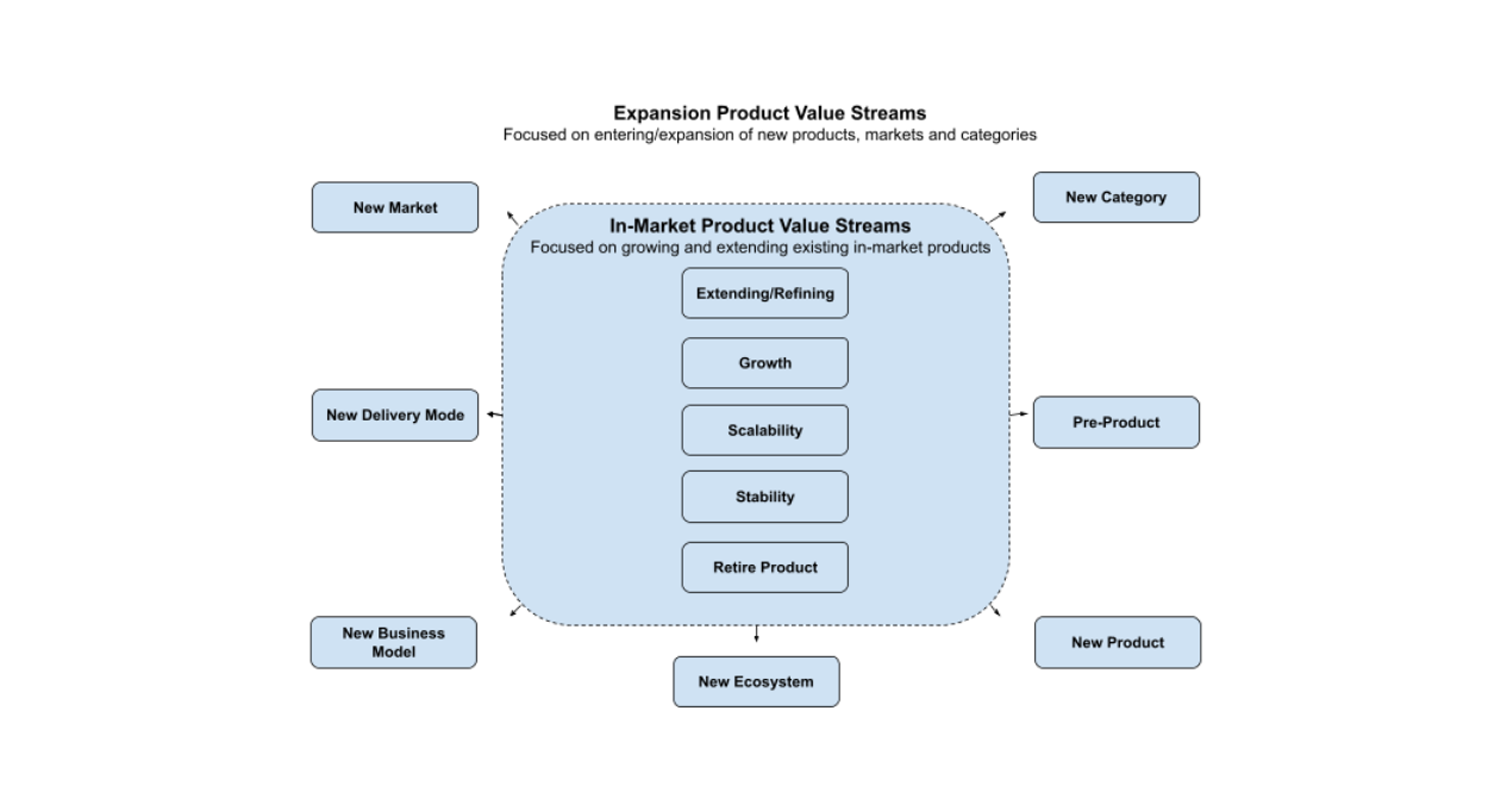With all the talk of prioritization frameworks, product analytics, and the like, one would think by now that product roadmaps could be self-discovered and automatically planned with ML-powered technology. Not really! While prioritization frameworks and product analytics help, they are merely but a few of the tools in the Chief Product Officer (CPO) toolkit. Perhaps a more important tool in the CPO toolkit is informed judgement.
Consider all of the critical strategic and tactical decisions a CPO must facilitate, including category definition and placement on the technology adoption life cycle, target market prioritization, desired customer and shareholder outcomes, whole product roadmaps and release plans, GTM and pricing models, etc. While many of these decisions should be informed by data, in the end, such data must be interpreted through the lens of informed judgement.
Informed judgment is a collaborative process involving the product team and key stakeholders that leverages their collective experiences, market/industry patterns and case studies to arrive at reasoned opinions about product decisions. Informed judgment is a critical skill given fact that many product decisions must be made with less than perfect information. This is especially true in early-stage SaaS companies.
Data is an important guide, but never a substitute for the informed judgement of the product team and other trusted internal and external product stakeholders. A CPO should always challenge confidence in data and underlying assumptions. If the data is not consistent with such informed judgement, the product team should pause and not jump robotically from data to make key product decisions.
An example illustrates this point. I once led an incredible project in West Africa focused on building a first-generation IoT product for monitoring water wells in West Africa. As an aside, product management focused on products for markets such as West Africa are incredibly fertile learning settings for product managers. But, that’s the subject of a separate blog series. At the time of the MVP work for the IoT project, the field data suggested that we should build the product assuming that a 3G wireless network would be in place across the region. However, my on-the-ground intelligence obtained from discussions with the local people and wireless resellers convinced me that we should not assume 3G would be widely available in our deployment timeline. In fact, the informed judgement of our team was that we should assume only the GSM (voice grade) communications infrastructure would be available. This meant the solution had to be based on SMS text messaging. The good news is that decision, based on informed judgement, ensured that our MVP product ran in every location in the region.
Sometimes we learn from other fields. I was recently talking to an NFL scout for a US-based American Football team about talent. He said “the data on a player only takes you so far. You have to pattern match over other players who have been successful and ask does this athlete fit any of those patterns? This is especially true of players on the margin, where they may have played their collegiate football at a lower-tier college.” Sure sounds like informed judgement to me.
Here are some suggestions for increasing your informed product judgement toolkit:
- Always be a student of your market, industry, and competition.
- Read case studies of successful product companies.
- Focus on understanding buyer and user behavior and other difficult-to-quantify attributes that should inform product decisions.
- Keep a living, evolving virtual notebook of informed judgements about your product category, target markets, and product roadmaps that you can reference when making product decisions.
- Be intentional about encouraging other product team members (product design, product development, product marketing, customer success, executive management) to bring informed judgement to product decisions.
Here are a few questions to consider:
- How does informed judgement factor into your product decision-making process?
- What are you doing to intentionally enlarge your knowledge base to bring informed judgement to your product decisions?
Informed judgement is a critical success factor for all CPOs. It is a skill that should be constantly developed, enlarged, and refined over time.





